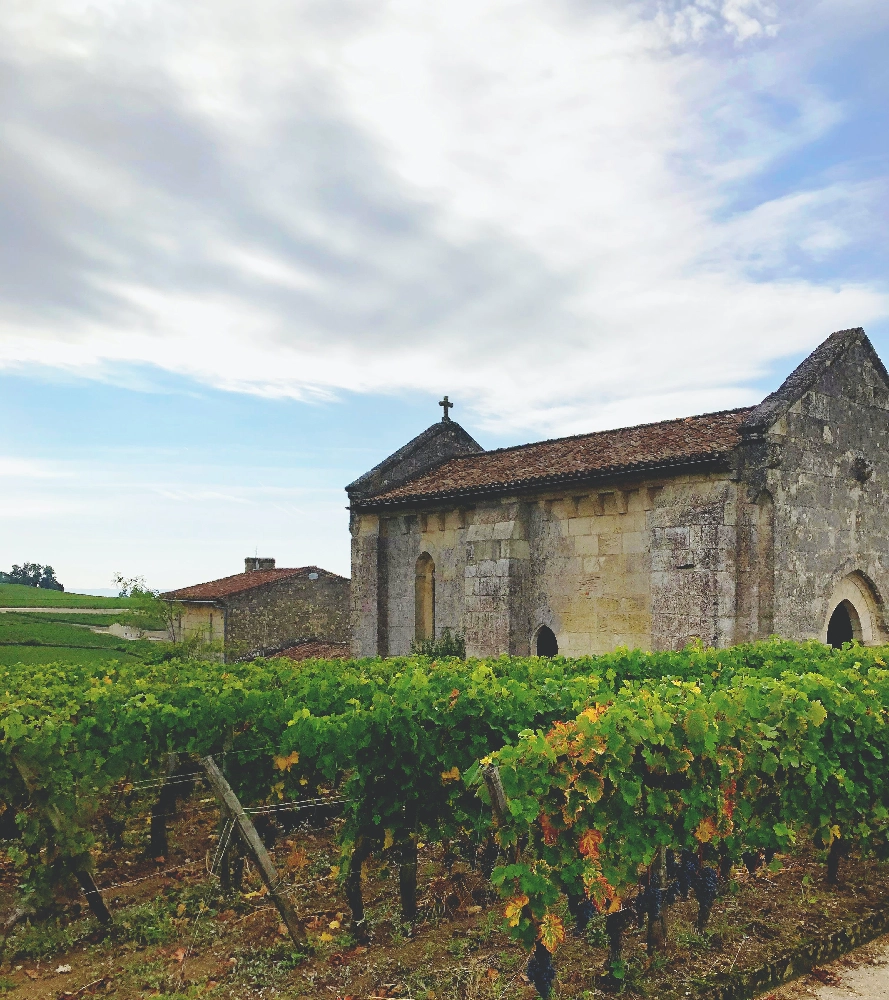
Ritsona Wineries & Wines Stats
Wineries
3
Wines
36
Wines of Ritsona: A Cultural and Historical Perspective
Introduction: Ritsona, a lesser-known yet significant wine region located in central Greece, has a rich cultural and historical background that is intertwined with its wine production. This review aims to provide an insightful exploration into the significance of wines from Ritsona, their unique characteristics, historical context, and connections to local food traditions.
Region Name and Location: Ritsona, part of the Central Greece wine region, is nestled in the heart of Boeotia, an ancient and historically significant province. The vineyards span across the northern slopes of Mt. Parnassos and the plains near the towns of Ritsona and Livadeia (see Figure 1).
Historical Context: The history of Ritsona's wine production can be traced back to ancient Greece when it was part of the fertile land of Boeotia, renowned for its agricultural prowess. The region's rich soil and favorable climate made it ideal for cultivating grapes and producing fine wines. Ritsona's history is deeply rooted in ancient mythology; Dionysus, the Greek god of wine, was believed to have been born near Mount Parnassos.
Wine Style: Ritsona's winemaking style reflects the region's unique terroir and historical influences. The wines are primarily red and white, with a focus on native grape varieties such as Mavrodafni (red), Asyrtiko (white), and Limnio (red) (see Figure 2). Ritsona wines showcase a balance of fruitiness, acidity, and tannins, reflecting the region's diverse terrain and climate.
Cultural Significance: Ritsona wines have played an essential role in local cultural traditions and celebrations. Dionysia, the ancient Greek wine festival dedicated to Dionysus, is still celebrated with much enthusiasm in Ritsona every year (Figure 3). The region's wineries also welcome visitors for wine tastings, providing opportunities for travelers to immerse themselves in the local wine culture.
Food Pairing: Ritsona wines pair beautifully with traditional Greek dishes such as moussaka, souvlaki, and stifado. The full-bodied red wines from Mavrodafni complement the rich flavors of these hearty dishes. Meanwhile, the crisp white wines made from Asyrtiko are perfect for balancing the spiciness of gyros and other popular Greek street food.
Conclusion: Ritsona's historical wine significance lies in its deep connections to ancient Greece, its unique grape varieties, and the continued cultural traditions surrounding its wine production. The region offers a fascinating glimpse into the past while delivering wines that are not only delicious but also representative of their terroir and the rich history they carry.
References: 1. Greek Wine Gods (2021, April 15). Retrieved from https://www.greekmythology.com/Wine_Gods/dionysus/dionysos.html 2. Ritsona Wines (n.d.). Retrieved from https://ritsonawines.gr/en/wines/ 3. Dionysia - Ancient Greek Wine Festival (n.d.). Retrieved from https://www.greekmythology.com/W_Myths_Legends/Festivals/dionysia.html
